TRAUMA TREATMENT - The Who
This blog is the first of what will be a series of blogs about the who, what, where, when, and why of trauma-related treatment. As someone who specializes in treatment for trauma-related disorders, I get a lot of questions about these five elements, and I want to take a little time to provide some answers.
The answer to the question of "Who" seems like it would be straight-forward but often instead leads to more questions. The simple answer is that anyone who is experiencing negative impacts on their lives as a result of a traumatic event is a candidate. This response, however, leads to two questions: (1) How do you define "negative impact" and (2) What is a traumatic event.
Let me answer the latter of these two questions first. According to the DSM-5, a traumatic event is a time in which a person is exposed to death, threatened death, actual or threatened serious injury, or actual or threatened sexual violence through experience, witnessing the event, learning about the event happening to a family member or close friend, or indirect exposure to the event (usually as a result of being in a profession that often involves death or serious harm to individuals). In layman's terms, if you either experience or see someone experience physical harm, that counts. Also, if you learn about a family member or close friend experiencing physical harm, that counts. Finally, if you regularly are exposed to details of someone experiencing physical harm (say as a police officer, paramedic, detective, etc.), that counts.
Now, let me answer the other question, "How do you define 'negative impact'?" This is a very difficult question to answer because there are so many ways in which a person may suffer as a result of a traumatic experience. I will start with what many people think of as the "official" diagnosis related to trauma, Post Traumatic Stress Disorder (PTSD). PTSD is a diagnosis characterized by a combination of re-experiencing symptoms, avoidance symptoms, and negative thoughts or feelings. Long story short, a person re-lives the traumatic event in some way; avoids things related to, or that may remind them of, the traumatic event; and experiences negative thoughts or feelings. The specifics of this diagnosis are available here.
However, PTSD is in no way the only outcome of having a traumatic experience. Often, people end up with one or two of the three categories of symptoms required for PTSD, in which case their presentation may look more like another anxiety disorder or depression. Sometimes, people only experience difficulties in one very specific area of their life but not in others (e.g., being unable to enjoy sex after a sexual assault but having no other difficulties). In still another way, the traumatic experience may interfere with closeness in relationships or lead to interpersonal difficulties. Some people become dependent on alcohol or drugs. The list goes on and on. Ultimately, the defining thing to ask yourself if you're thinking you may need trauma-related treatment is, "Is there something that is not going well in my life because of a traumatic event that I experienced at some point in my past?" If the answer to this is yes, then you likely would benefit from seeking treatment for PTSD.
More on the "What" of trauma treatment next time. In the mean time, if you believe you do need treatment for trauma-related difficulties, don't hesitate to contact me or another provider in your area.
